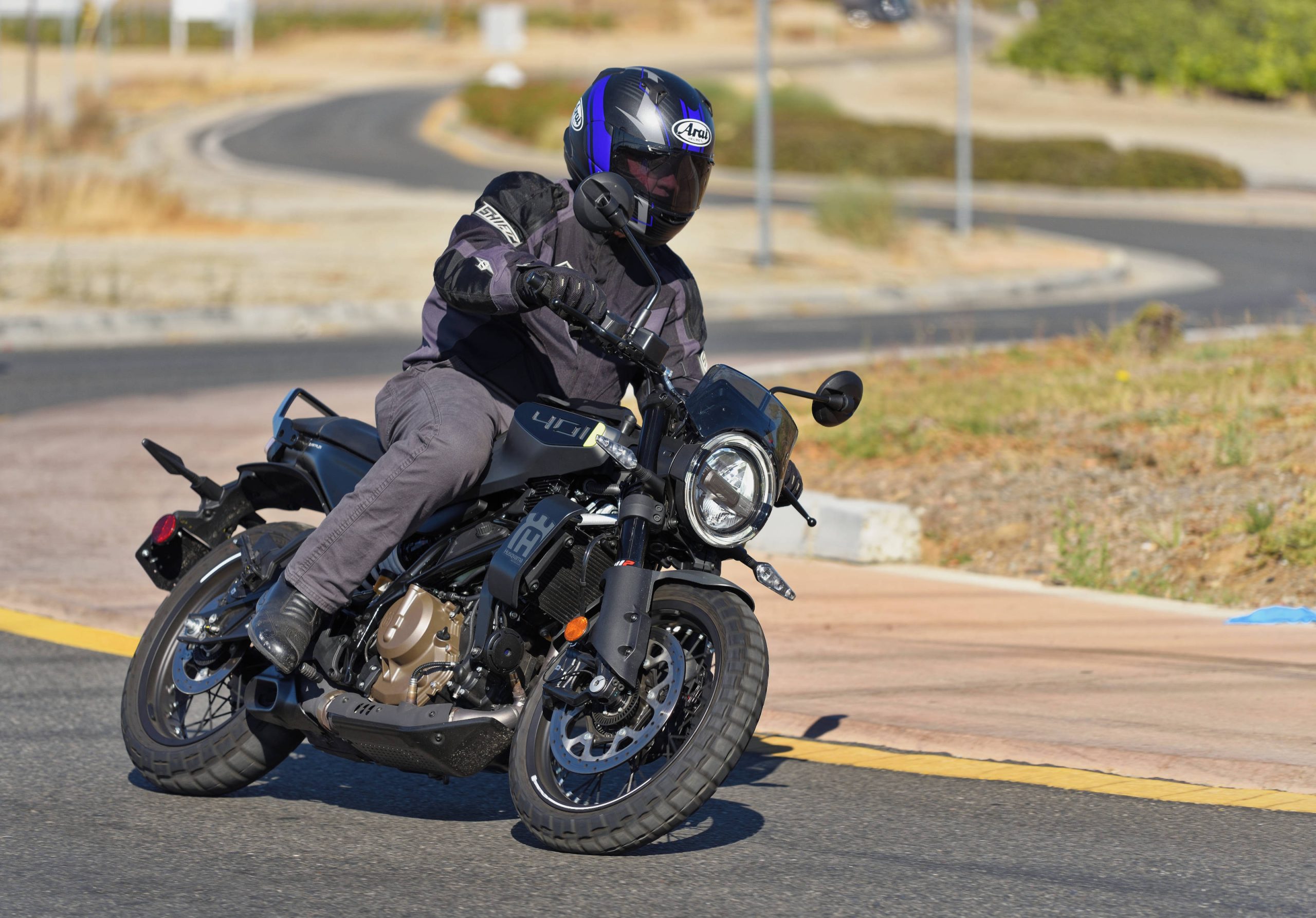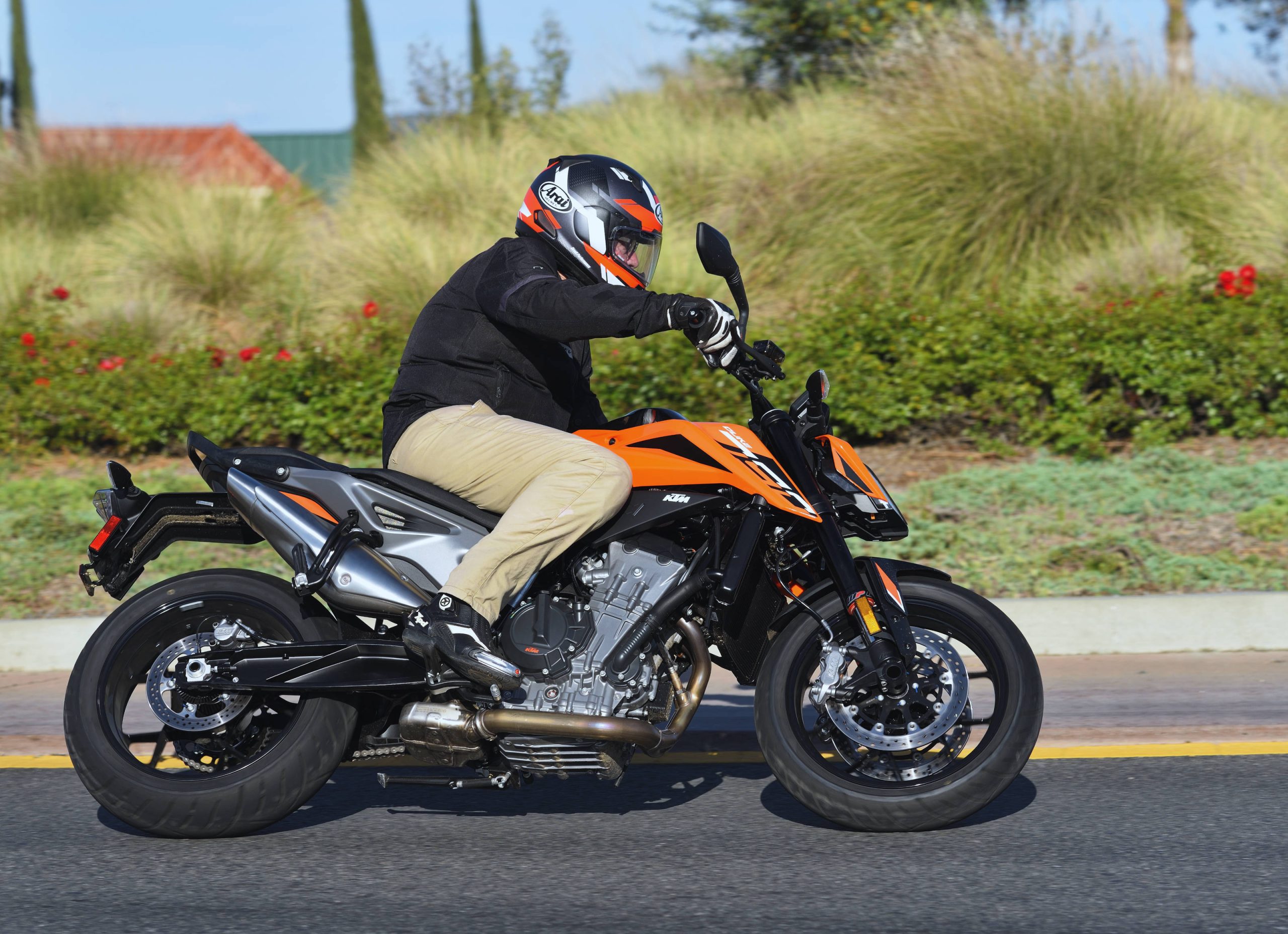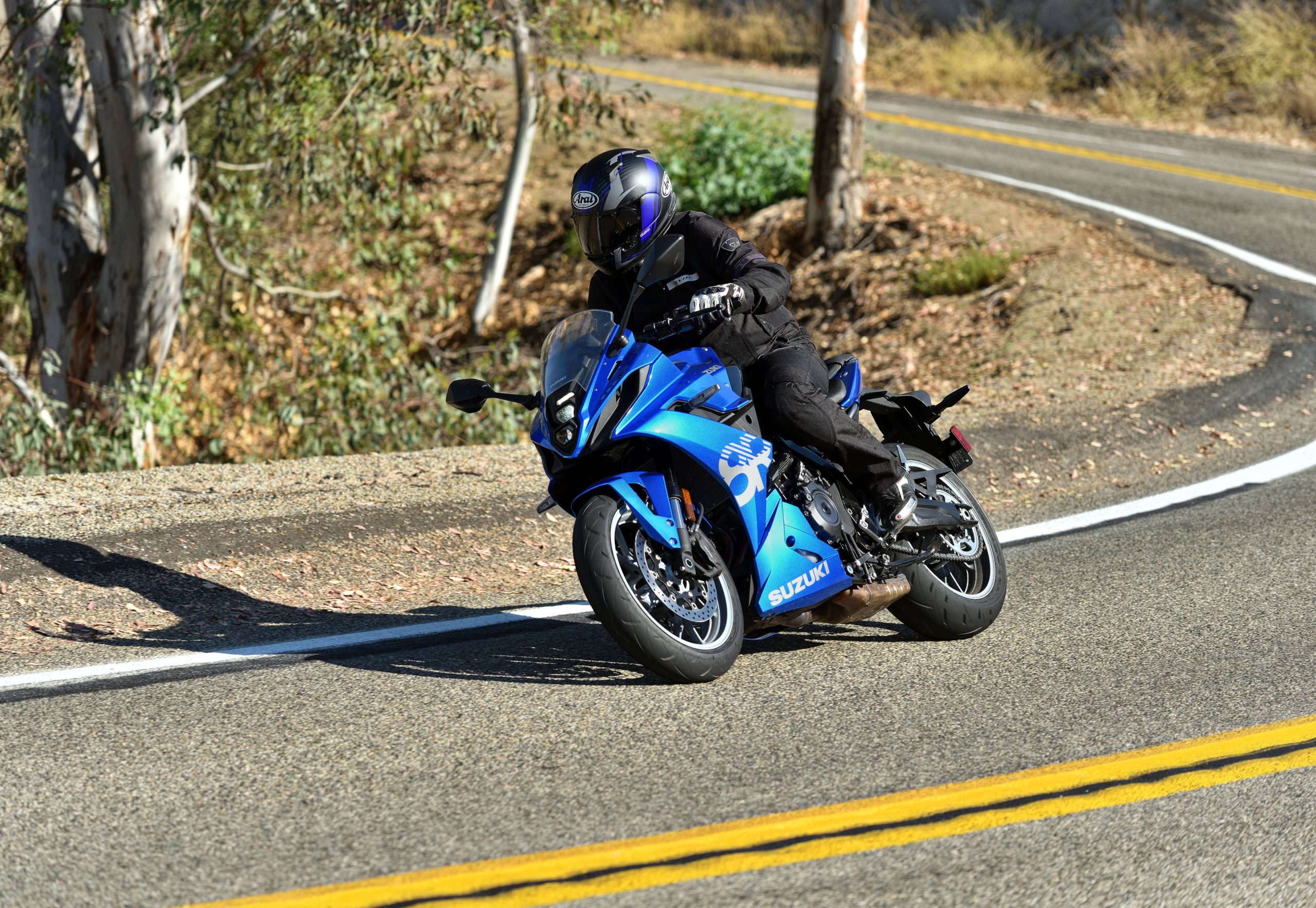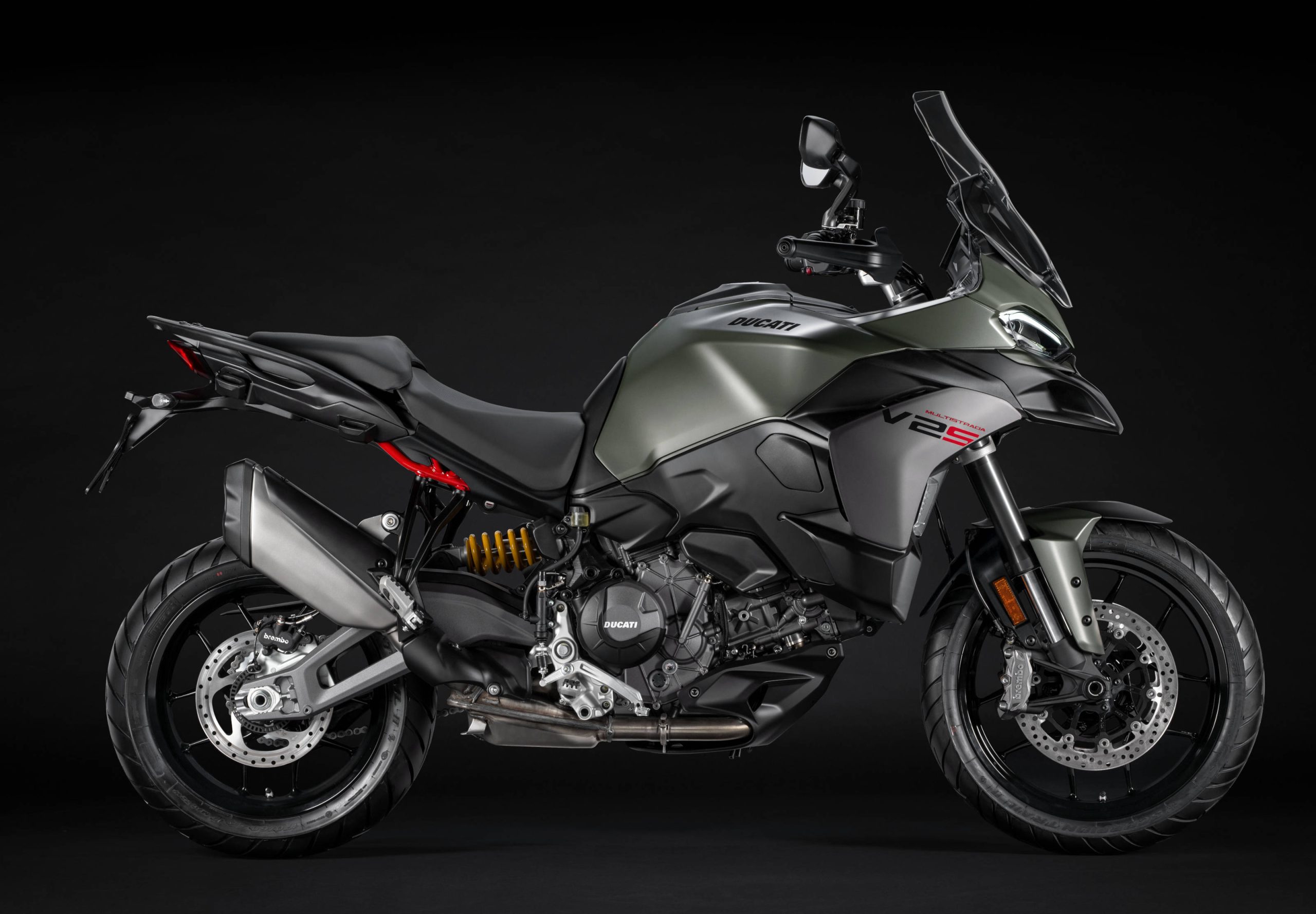Last Sunday’s WSB round at Phillip Island, Australia featured racing conditions that were almost absurd, according to most reports. The second race was canceled as a direct result of intervention by Aprilia’s Troy Corser, but even the first race was a bit of a joke.
In the first race, the riders negotiated a course that was more than just damp. There was standing water in some of the corners, and visibility while trailing the rooster trail of another bike was virtually nil. Roughly half the starters failed to finish the race, with many of them crashing out (although none reported with serious injuries.
We have to take our hats off to Troy Corser for his efforts to stop the second race from occurring in even worse conditions. Ultimately, the other riders, and even the organizers, agreed that race two should not take place, but it was Corser who nearly single-handedly stopped the riders from taking to the track.
Any time you have a major event organized, tickets sold, and TV rights licensed, there are tremendous pressures to race, regardless of the weather conditions. These pressures were present at Phillip Island, and the organizers were willing to risk the riders’ safety in order that the sponsors and television licensees “get their money worth”.
The other problem with conducting races under conditions like these is the effect on the World championship. Bizarre results almost always ensue. Top riders go down and DNF — not from lack of skill, but from weather-related incidents beyond their control. Holding a race in such stupid conditions can literally ruin a top rider’s championship hopes.
It would have been easier for Corser to sit back and let the events unfold without his input. He could have ridden around the soggy track (which also involved high, gusty winds) with the other riders, hoping he didn’t crash, or run into a downed bike that he didn’t see (visibility was even worse during the second race — it was getting dark). Instead, seeing irrational events about to unfold, Corser did the right thing by stepping in.





